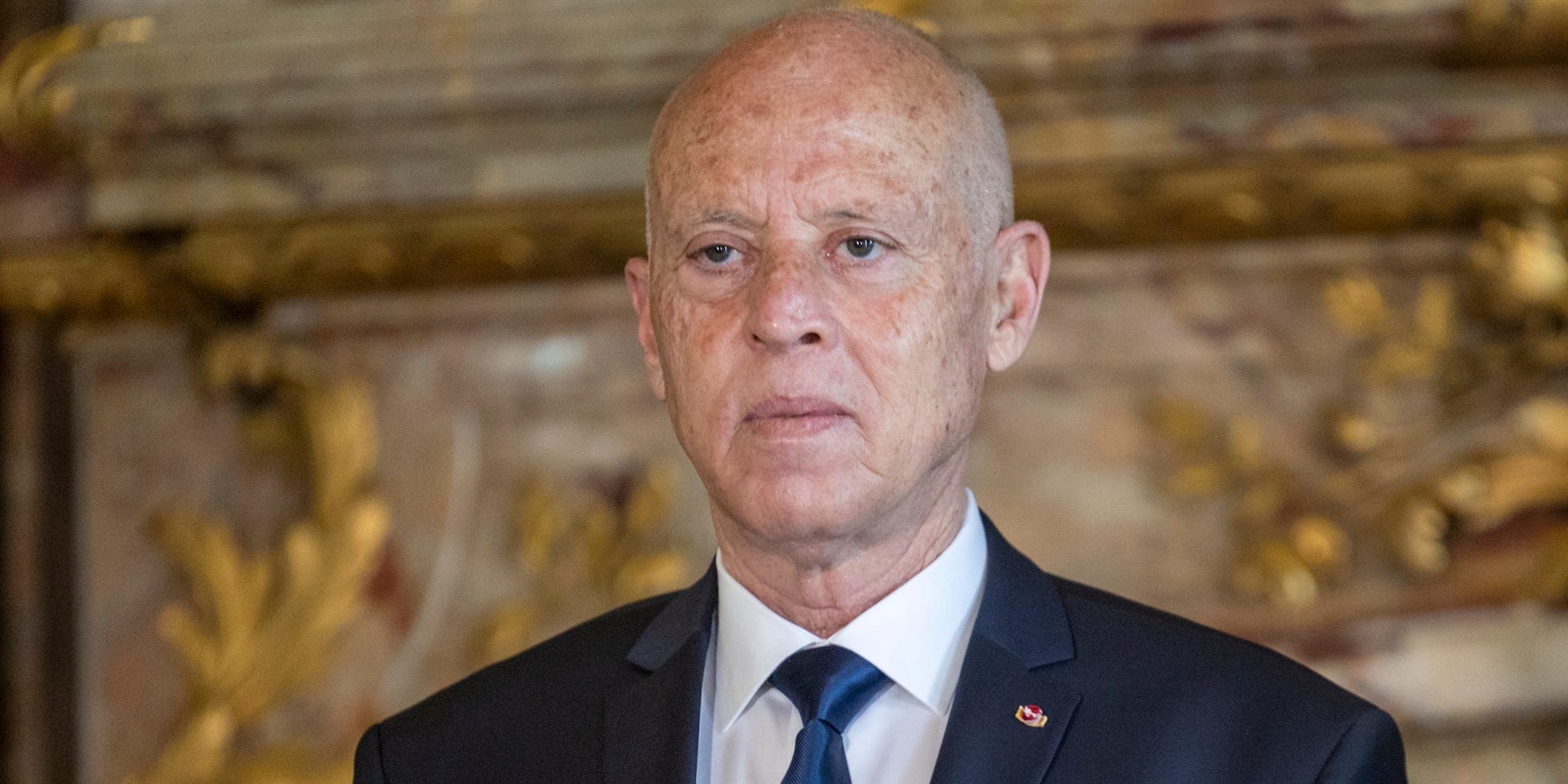
- More than 24 000 civil society organisations have been registered in Tunisia since the 2011 revolution.
- Legislators propose the replacement of the law that allowed their creation.
- Civil society says that would spell the end of the little space for free speech that remains in Tunisia.
- The approach is eerily similar to that of Zimbabwe.
Apparently taking a leaf from Zimbabwe, Tunisia intends to effectively ban civil society as President Kais Saied continues with a crackdown on free speech in the birthplace of the Arab Spring.
Zimbabwe’s president, Emmerson Mnangagwa, at the end of his first term in office last year, signed the Patriotic Bill, viewed by human rights defenders and political rivals as “a brutal assault on civic space“.
It was to be followed by its infamous cousin, the Private Voluntary Organisations (PVO) Amendment Bill, giving the government power to regulate or ban non-governmental organisations deemed hostile to the regime.
The law was not passed. However, in the current parliament, Mnangagwa and the ruling Zanu PF intend to pass it into law.
Further north, Tunisia has similar plans.
Ten parliamentarians loyal to Saied proposed Basic Law No. 027/2023 relating to the organisation of associations.
The law is at the office level, and moves to the committee stage next, before finally heading to the plenary session level.
The law won’t face any opposition because Saied granted himself executive powers two years after his election.
He then dissolved parliament and drafted a tailor-made constitution that Tunisia adopted a year later through a referendum.
Saied remains unpopular.
The December 2022 parliamentary elections registered an 8.8% voter turnout, while the run-off in January 2023 registered an 11% turnout.
Saied’s critics say this is an indicator that people are not interested in his autocratic rule.
In comparison, in other countries down south where leaders are accused of autocracy, such as Rwanda, the voter turnout was 98.5% when Paul Kagame got 98.6% of the vote share in 2019.
Eight rights groups operating in Tunisia are pleading for parliament to reject the law.
“As presently drafted, it threatens to end more than a decade of work by independent groups,” the rights groups said in a statement.
According to government data, there are more than 24 000 registered civil society groups in the country.
According to Human Rights Watch (HRW), in its current suggested form, the law would “grant the government pervasive control and oversight over the establishment, activities, operations, and funding of independent groups, which are one of the last remaining counterweights to President Kais Saied’s autocratic rule”.
The proposed law seeks to repeal Decree Law 2011-88, which promoted the creation of civil society after Tunisia’s 2011 revolution.
The civil society groups against the law are Access Now, Euromed Rights, Human Rights Watch (HRW), the International Commission of Jurists (ICJ), the International Service for Human Rights (ISHR), Lawyers Without Borders (ASF), the Tahrir Institute for Middle East Policy (Timep, and the World Organisation Against Torture (OMCT).


